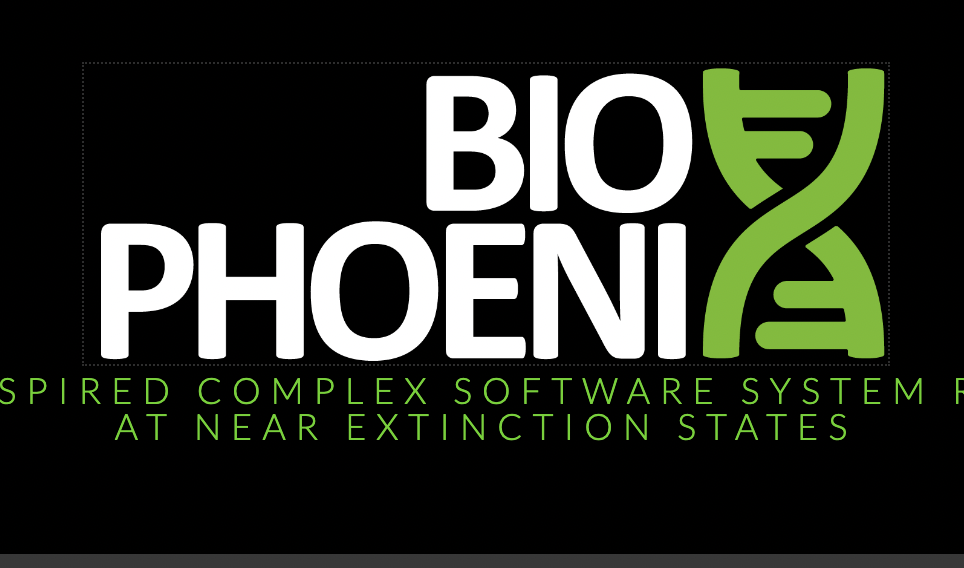BIO-PHOENIX is a EU H2020 project funded by the Marie Skłodowska-Curie RISE action, has a budget of 1,324,800€ and a duration of four years, from July 2019 to April 2025.
BIO-PHOENIX aims to develop a fundamentally novel computational model for reconstructing complex software systems, following some massive internal failure or external infrastructure damage. Recovering system operations is a challenging problem as it may require excessive system reconstruction using a different infrastructure (i.e., computational and communication devices named system cells) from the one that the system was originally designed for. Thus, software functionality may have to be remodularized and allocated onto devices with very different characteristics than the ones originally used but with some generic capabilities.
BIO-PHOENIX aims to develop a bio-inspired paradigm for reconstructing nearly extinct complex software systems based on a novel computational DNA (co-DNA) oriented systems modelling approach. The co-DNA will encapsulate logic and program code and will enable the use of analogues of biological processes for transmitting, transforming, combining, activating and deactivating it across computational and communication devices. The purpose of encoding the co-DNA of a system, and computational analogues of biological processes using it, is to enable other computational devices receiving the co-DNA to act as parts of the system that needs to be reconstructed, realize chunks of its functionality, and spread further the system reconstruction process.
The BIO-PHOENIX approach will bring a breakthrough in the current software system design and engineering paradigm. This will be through, not only a fundamentally new way of engineering mechanisms to support the resilience, continuity and recovery of software systems, but also the initiation of a new paradigm of designing and implementing software systems, based on the encoding of a system co-DNA that can trigger processes of self-regulated and incrementally expanding system functionality.
Our laboratory is involved in the Co-DNA Processes Development, Software engineering, Biology and Bioengineering research parts of the project, more specifically:
Biology Fundamentals of co-DNA model: Review the encoding of biological DNA, focusing on (i) formation of complex structures from basic blocks and discrete genes; (ii) gene expression and regulation; (iii) functional modifications to the genome that do not involve a change in the gene structure and may result in switching on and off different genes in cellular differentiation; (iv) the role of DNA encoding in different biological processes; (v) structural characteristics enabling the integration of a piece of DNA to a host DNA; and (vi) the way in which encoded structured information (RNA) can be used to reverse engineer the relevant encoding gene (reverse transcription).
Biology Fundamentals of core co-DNA processes: Identify biological DNA processes that can be used as a basis for realizing SSR activities. Starting
from biological processes, we will survey and select other candidates (e.g., cell re-programming) and will abstract the key control features in them that would be important for co-DNA based SSR.
Core co-DNA processes verification: Verification of properties of the selected core co-DNA processes focusing on key properties of interest (e.g., convergence of reconstruction process).

